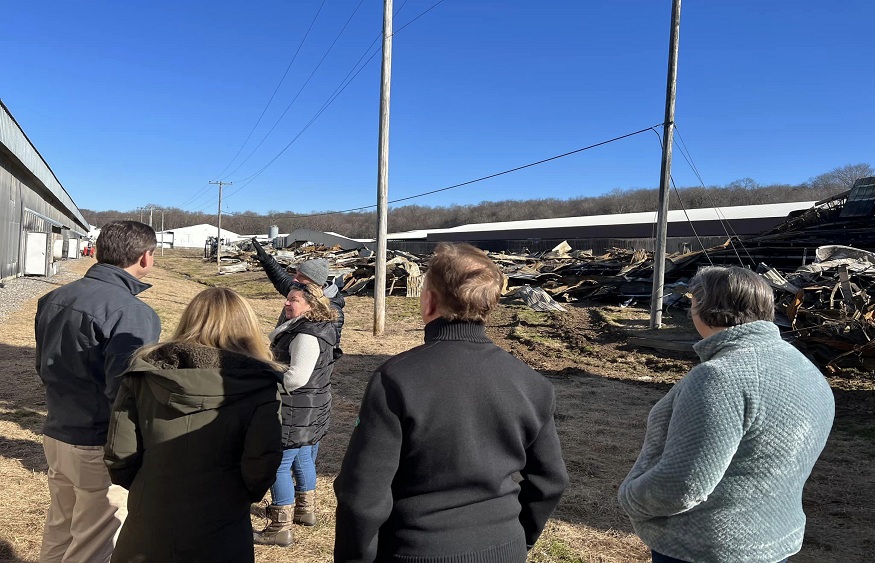A socially and economically sustainable agriculture system is slowly but steadily becoming popular across the United States. Many prominent companies, including Hillandale Farms Pennsylvania, are embracing this style of farming. A sustainable farming style helps farms of diverse types and sizes to stay profitable, while contributing to their local economies. Such a system effectively supports the next generation of farmers, deals fairly with its staff members, creates access to healthy food for all, as well as prioritizes communities over corporate interests.
Hillandale Farms Pennsylvania talks about certain sustainable farming practices
A variety of transformations has been taking place on farms across the United States. For decades, the country has produced the bulk of its food through industrial agriculture. This system is dominated by large farms that grow the same crops every years, while using large amount of chemical fertilizers and soil that damages the water, soil, air, and climate. This system is not built to last, as it eventually degrades the resources it depends on. Hence, today a growing number of innovative farmers are taking a different path. They are moving towards a farming system that is more sustainable environmentally, socially, and economically.
The following farming practices have particularly proven to be effective in achieving sustainability:
- Rotating crops and embracing diversity: Opting to plant a variety of crops can be quite advantageous. It would include healthier soil, as well as improved pest control. Crop diversity practices include intercropping, and complex crop rotations. Intercropping implies to growing a mix of crops in the same area.
- Planting covers perennials and crops: Cover crops like rye, clover or hairy vetch tend to be planted during off-season times as soils might otherwise be left bare. On the other hand, perennial crops help keep soil covered and maintain living roots in the ground throughout the year. Such crops can protect and build soil health by replenishing soil nutrients, preventing erosion, reducing the need for fertilizers, and keeping weeds in check.
- Reducing or eliminating tillage: Traditional plowing technique or tillage aid in preparing fields for planting and can prevent weed problems. It also may cause soil loss. Hence, it is better to use reduced-till or no-till methods that involve inserting seeds directly into undisturbed soil. Doing so may reduce erosion and improve soil health.
- Applying integrated pest management: A variety of methods, which includes biological and mechanical controls, can be applied in a systematic manner in order to keep the pest population under control while reducing the use of chemical pesticides.
- Integrating livestock and crops: Industrial agriculture is helpful in keeping plant and animal production separate. The animals live far from the areas where their feed is produced, and crops grow far away from manure fertilizers, to make farms more efficient.
Following sustainable practices has also become a priority for egg farming companies like Hillandale Farms Pennsylvania. For instance, they use an in-house composting method in their high-rise layer houses that produces drier and lighter compost. This method helps in improving pest control, cutting down the potential for flies surrounding the compost, along with the added advantage of major reductions in the use of fly control products.




